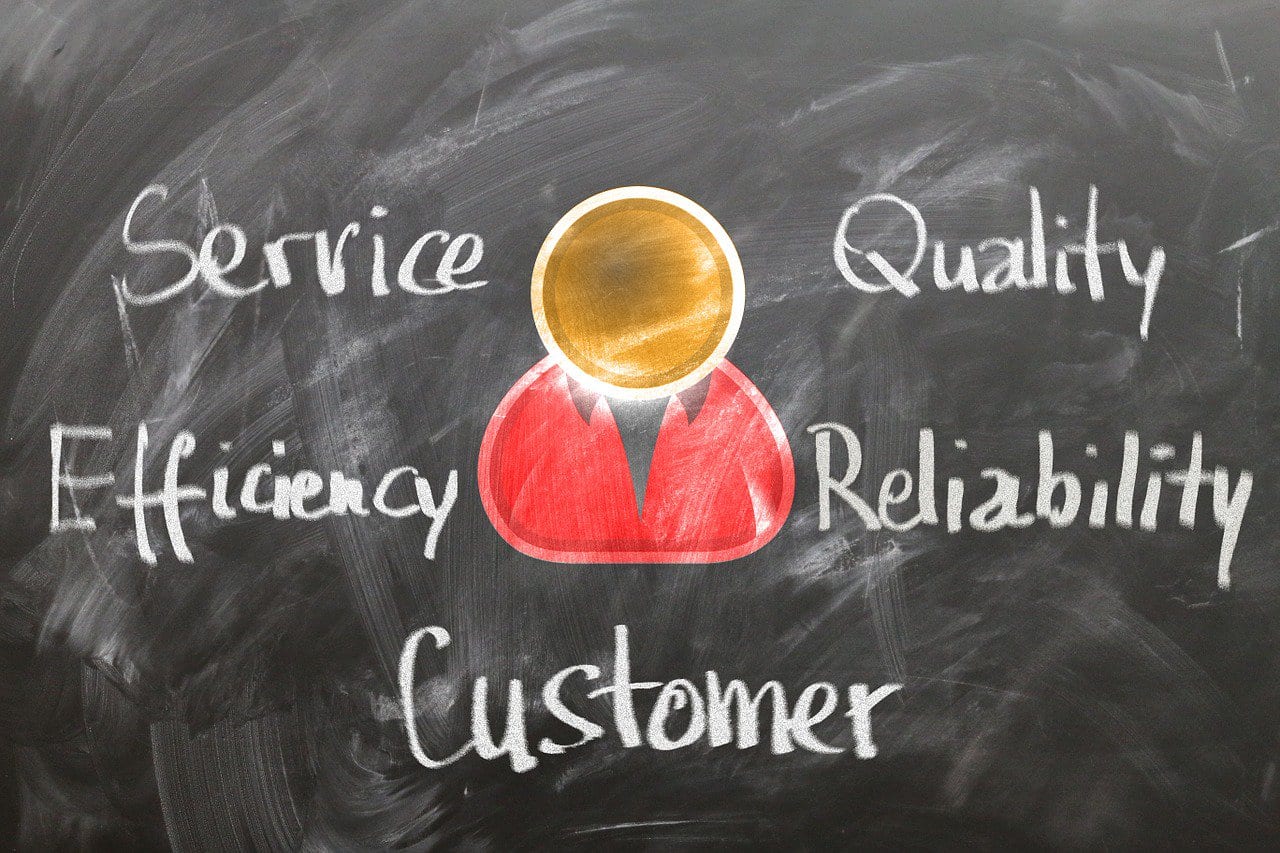6 Customer Service Skills Every Employee Needs
Margarita Hakobyan – March 1, 2019
Customer service teams may perform different functions for every company, in terms of their day to day activities. Some customer service teams primarily work on phones, some on emails and chat, and some work in physical locations. But however your customer service team works, great customer service representatives share certain skills.When you know how to spot these skills, you will have a better sense of how to build a successful team, how to manage and retrain the members who aren’t working well, and when its time to begin to manage someone out of the company. Look for these skills in your customer service team.
1. Patience
There’s a place for employees who are always striving to be the first one in and out the door, to maximize turnover, and to get onto the next project as soon as possible. These employees are probably not going to be your best customer service representatives unless they also have a sense of proportion.Some customers call knowing exactly what they need, and a good rep can help these people quickly. Others can take a little while to get to the point, and reps need to be able to listen and discern the problem.
2. Product Knowledge
Understanding the product being sold is crucial for a good team. Companies forget this sometimes, however, and fail to adequately train representatives. This prevents them from doing their jobs. Working from scripts can be helpful, but isn’t enough to turn a decent employee into a great company advocate.
3. Depersonalization
Customers contact customer service when they’re angry. Some customers are good at being clear that “I’m not mad at you, I’m mad at the situation.” Others will levy personal insults at the rep, curse at the rep, or generally treat them very badly. It’s important that customer service representatives be able to let this behavior go and not affect them personally.One way companies can help is to have limits to what reps need to tolerate. For example, if they’re sworn at once, they can warn the customer, and then if the customer continues to swear, they can disconnect the call. Knowing that management has their back can help reps handle tough issues.
4. Conflict Resolution
While some customers call in angry and don’t want to do anything but yell, many others are calling because they’re frustrated and don’t know what to do. In these cases, customer service reps benefit from good conflict resolution skills. Some people have already learned these skills before they apply for their job; others will need to be trained on conflict resolution. The good news is that skill absolutely can be trained. Learning phrases like “I certainly understand your frustration,” “I’m sorry that happened, and I’m going to do everything I can to fix this,” and “I’m glad you called in with this problem, because this is definitely something we can resolve,” are all phrases that can help set customers at ease and de-escalate volatile conversations. These tricks can even take angry customers who were on the verge of leaving your company for good and turning them into customers who are more committed to your product and brand than ever.
5. Upselling
This is tricky, and a hard skill to teach. Upselling products can be something that a customer service rep starts before transferring a customer to a sales team member, or they can be cross trained to initiate the purchase on their own. Either way, it’s important to remember that upselling should be done naturally. Some physical stores used to force cashiers to mention a particular product to every customer, regardless of whether or not it related to the customer’s purchases. This is a terrible way to upsell and a terrible way to build a customer relationship. Upselling should look like offering warranties to items customers are purchasing, suggesting options for support services, or pointing out peripheral equipment that can make the current purchase more fun or effective. Learning which products are ideal to offer can be taught, primarily through observation and feedback.
6. Problem Solving
In general, customers reach out to customer service because they have a problem. Representatives need to understand what that problem is. The difficulty can be that customers don’t always know what they need help with. They may just know that their laptop “isn’t working,” for example, or be upset that a product isn’t performing the way they thought it would. It’s up to customer service representatives to ask good questions, understand and interpret the answers, and then make sure that the solutions they offer have solved the problem.This is harder than it sounds, and may be one of the hardest skills to find in great customer service representatives. The kind of pattern recognition that lets reps go beyond the script and really understand how to move forward takes time and pattern recognition. This is where additional training and management, rather than moving immediately to managing someone out of the company, can be so crucial.
Building a great customer service team takes time, effort, and training. Even the best reps need information to do their jobs properly. When hiring representatives, companies should take the time to consider their interview process, think through what questions and background skills will identify strengths in these potential employees, and then develop the new hires appropriate to set them up for success.
Source: 6 Customer Service Skills Every Employee Needs | CustomerThink

